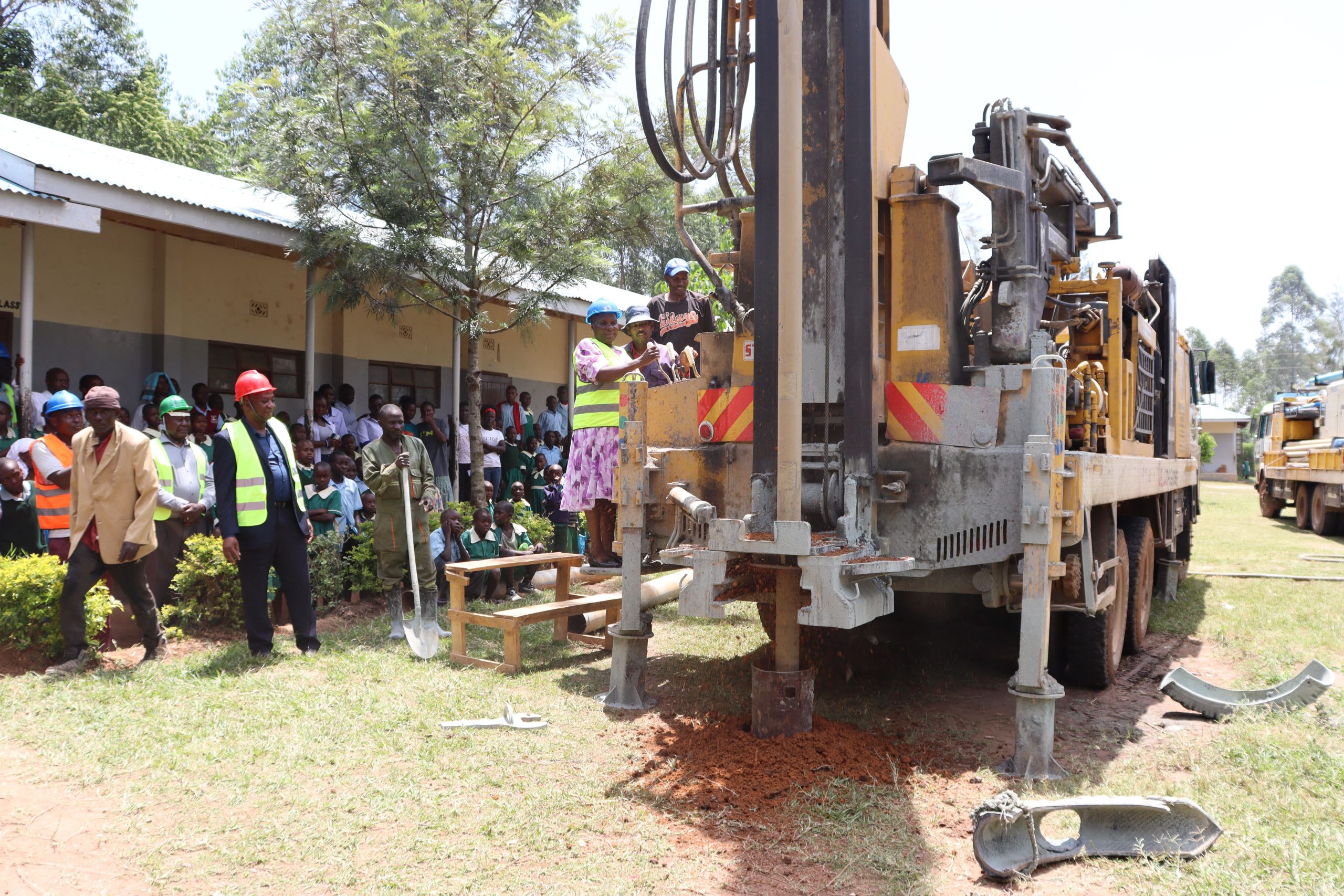At Manyonje Primary School, over 1,000 bright young students and 30 dedicated teachers are reaching for a better future, so much so that they’ve launched a secondary school to keep their momentum going. But their dream is at a standstill. Without access to clean water, growth isn’t just difficult — it’s impossible. The promise of education, health, and hope is hanging in the balance.
With so many students, all hunting for clean water, you can imagine how much time is stolen from the classroom. Their primary source of water is an unprotected dug well that poses serious risks to their safety.
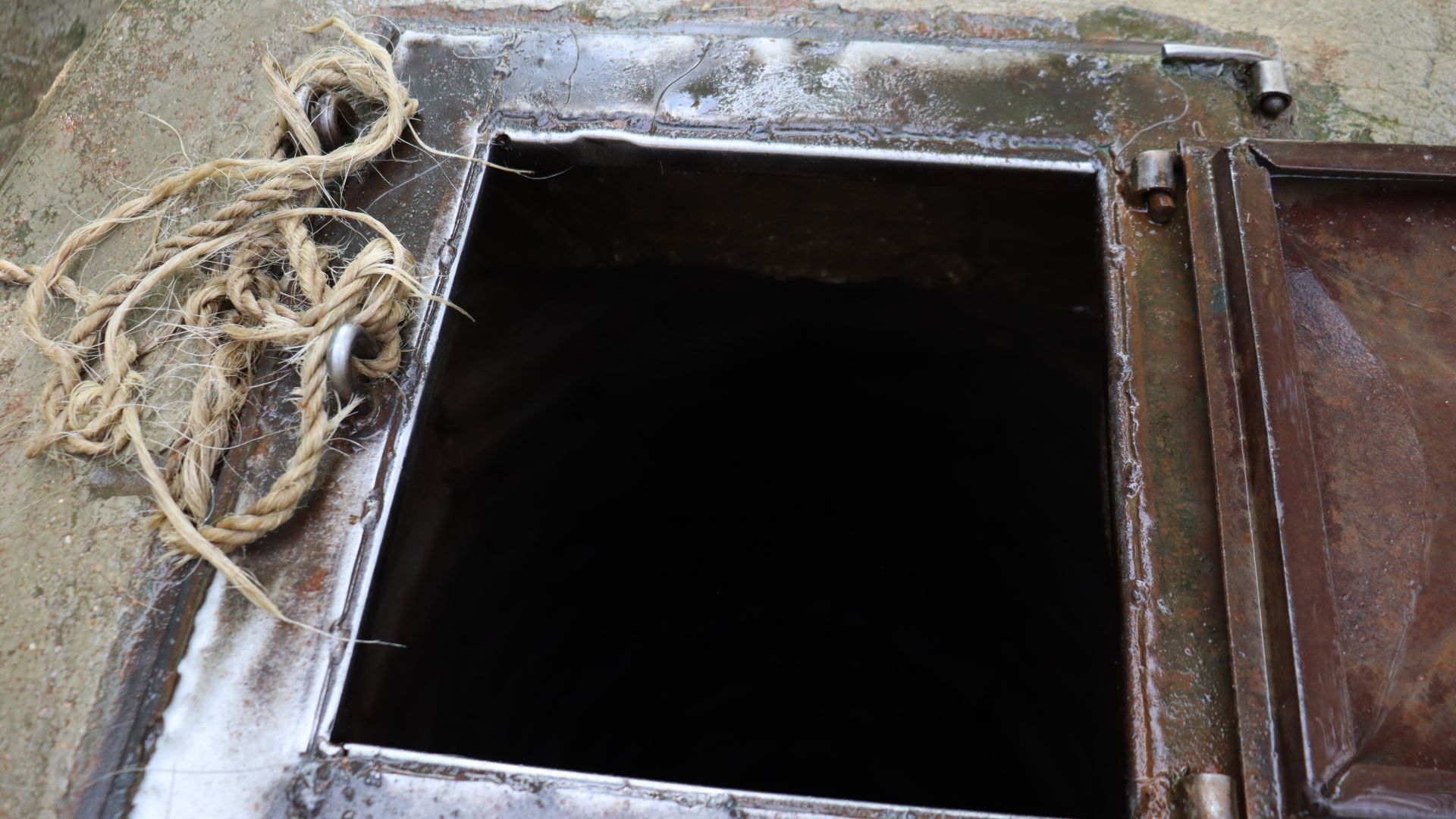
The dangerous, open well that students have to rely on.
Students have to work hard to reach the well, and sometimes, when they finally arrive, the landowner refuses to let them in.
Teacher Florence Chichete described their experience. "The main water source being a protected dug well with no hand pump, the students' lives are at risk, especially when they are not accompanied by a teacher when they are collecting water. They can easily create chaos amongst themselves while drawing water, resulting in injury. There is a lot of time wasted, as a teacher has to facilitate the entire exercise, ending up missing a session in class. Students are sometimes denied access to the waterpoint by the owner of the protected dug well. Hence, the current water source is termed an unreliable water source."
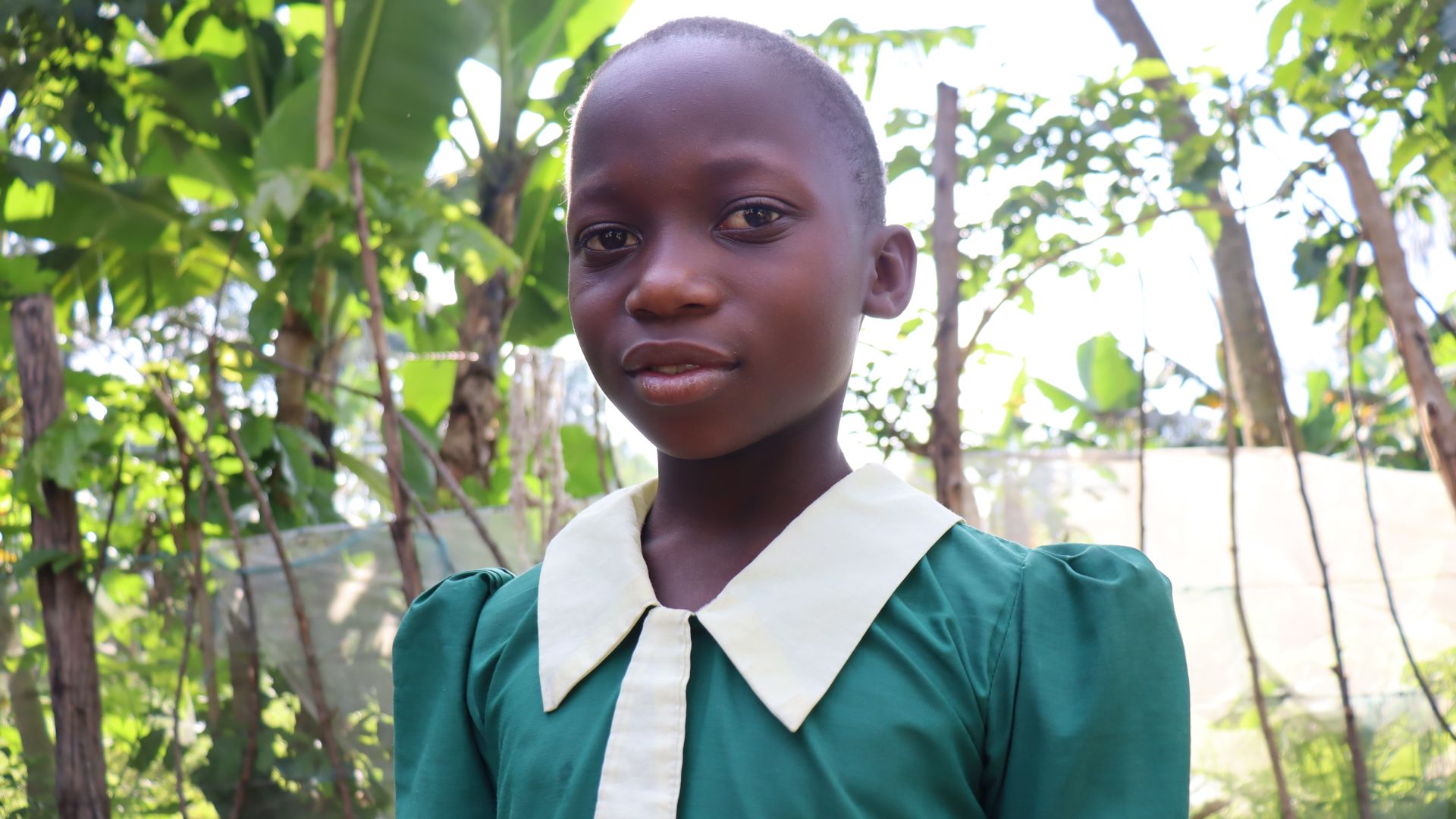
9-year-old Gwetolin.
At just nine years old, Gwetolin carries a burden far too heavy for a child her age. Every day, after her lessons are interrupted, she leaves the safety of her school compound and walks to a nearby protected dug well. There, she spends up to an hour queuing for water—a task that is not only time-consuming, but emotionally and physically draining. She is very serious about her education; her siblings are older and excel academically, and Gwetolin has big plans to follow in their footsteps. But without accessible water, that goal gets further and further away.
"The procedure of fetching water from the protected dug well is tiring and strenuous, as the protected dug well lacks a hand pump; this is a limitation because the quantity of water fetched is insignificant," Gwetolin shared.
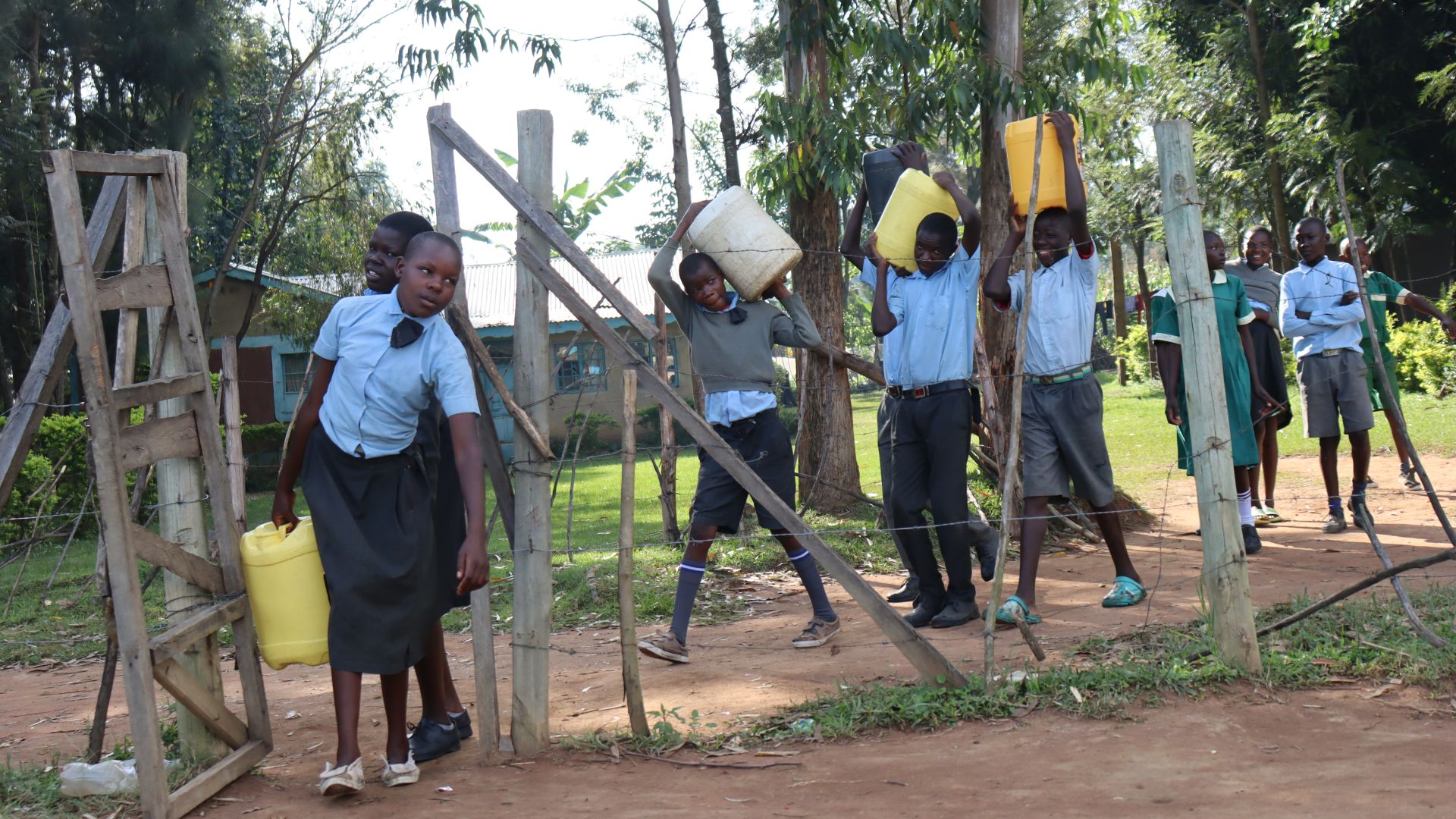
Students hauling heavy jerrycans back to school.
"A lot of time, which is to be used in doing class work and other school activities, is wasted in collecting water. Therefore, water sometimes becomes a limiting factor to good performance," she continued.
With so many students in need of water and very limited time to rush to the well, rivalry often exists among the children.
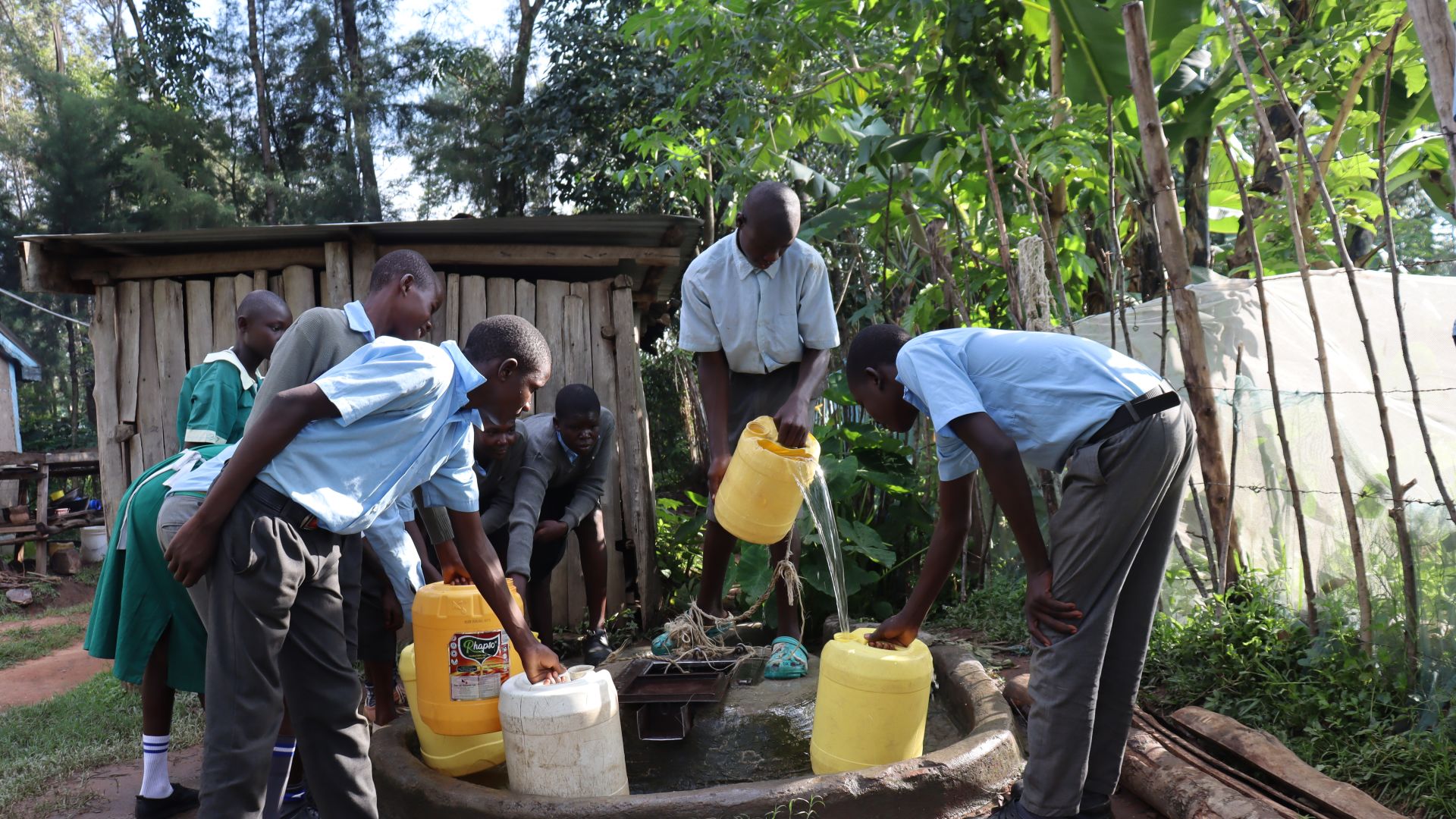
Students waiting to collect water.
"Most of the time, I get pushed to the back of the queue, especially by my fellow students who are from upper grades, who believe that they are to fetch water first before the rest of the pupils do," she added.
This daily ritual of water collection affects more than just her comfort—it steals away her time to study, to complete assignments, to join group discussions with her classmates, and even to play. In her words, “If I didn’t have to spend so much time getting water, I’d be able to do my assignments and submit them on time… and play with my friends.”
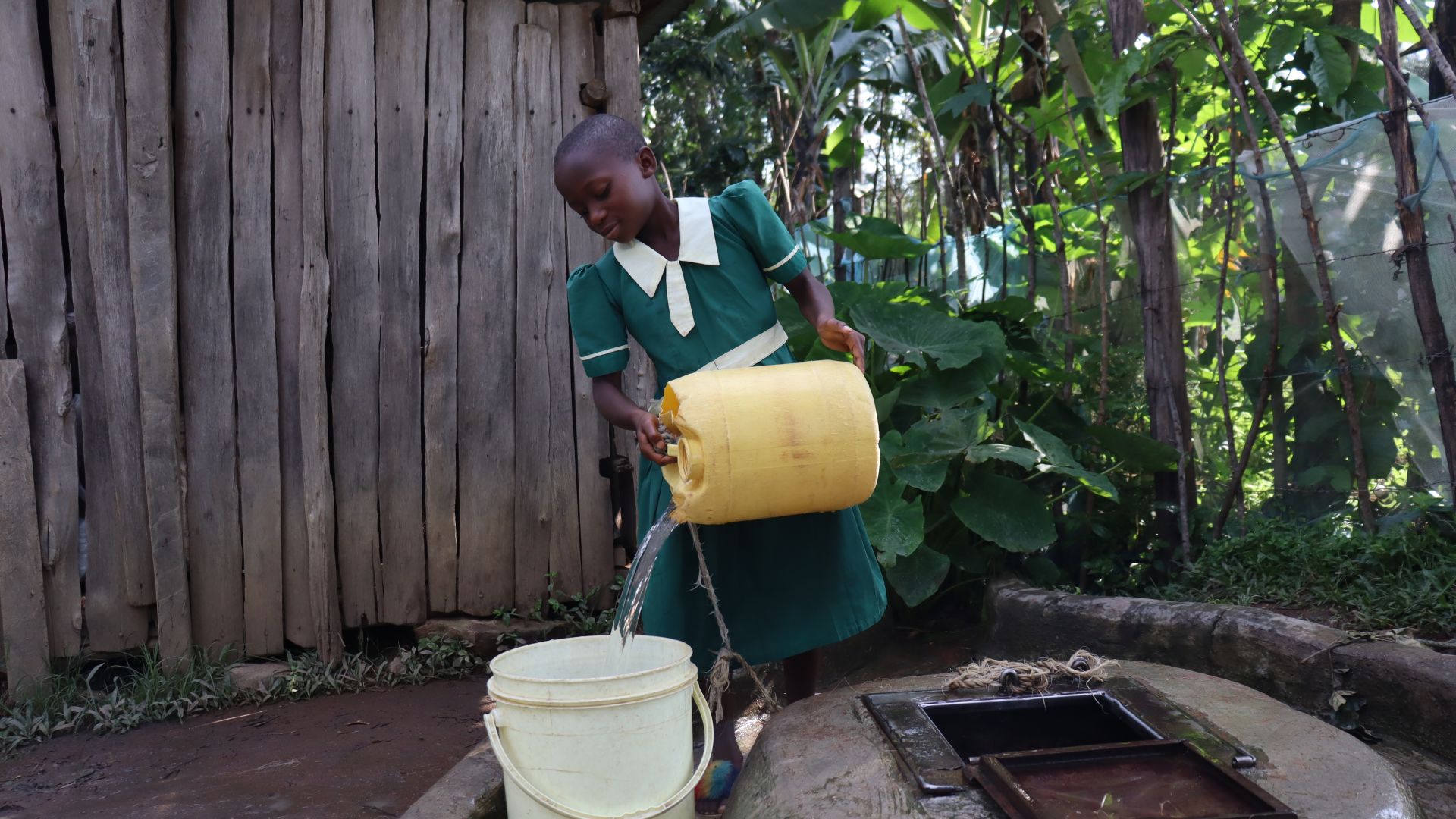
Gwetolin collecting water.
"As a full-time dedicated student who looks up to the elder siblings who are doing excellently in their studies. I look forward to excelling in my studies too, and pursue a course which will be a turning point in my family," concluded.
Gwetolin dreams of a future shaped by education, not hardship. Every day she spends chasing water is a day she falls behind on lessons, on laughter, and on the promise of a brighter tomorrow.
This isn’t just about water. It’s about potential. It’s about keeping girls like Gwetolin in school, teachers in classrooms, and dreams within reach. Clean water at Manyonje Primary School would mean more than convenience—it would mean safety, time, and the freedom to learn without fear.
With your support, we can turn a daily struggle into a story of transformation—for Gwetolin, for her classmates, and for the surrounding community.
Steps Toward a Solution
Our technical experts worked with the local community to identify the most effective solution to their water crisis. They decided to drill a borehole well, construct a platform for the well, and attach a hand pump.
Well
Abundant water often lies just beneath our feet. Aquifers—natural underground rivers—flow through layers of sediment and rock, offering a constant supply of safe water. A borehole well is drilled deep into the earth to access this naturally filtered and protected water. We penetrate meters, sometimes even hundreds of meters, of soil, silt, rock, and more to reach the water underground. Once found, we construct a platform for the well and attach a hand pump. The community gains a safe, enclosed water source capable of providing approximately five gallons of water per minute. Learn more here!
Handwashing Stations
Alongside each water source, we install two gravity-fed handwashing stations, enabling everyone at the school to wash their hands. Handwashing is crucial for preventing water-related illnesses within the school and community. Student “health clubs” maintain the stations, fill them with water, and supply them with soap, which we often teach them how to make.
Latrines
We will construct two Ventilated Improved Pit (VIP) latrine blocks designed to prevent fecal disease transmission. Each latrine features a cement floor, making it easy to use and clean regularly. Three stalls will serve the girls, and three will serve the boys.
School Education & Ownership
Hygiene and sanitation training are integral to our water projects. Training is tailored to each school's specific needs and includes key topics such as proper water handling, improved hygiene practices, disease transmission prevention, and care of the new water point.
To ensure a lasting impact, we support forming a student health club composed of elected student representatives and a teacher. These clubs promote hygiene practices schoolwide and keep handwashing stations well-stocked. This student-led model encourages a sense of ownership and responsibility.
Safe water and improved hygiene habits foster a healthier future for everyone in the school and the surrounding community.

 Borehole Well and Hand Pump
Borehole Well and Hand Pump
 Rehabilitation Project
Rehabilitation Project












